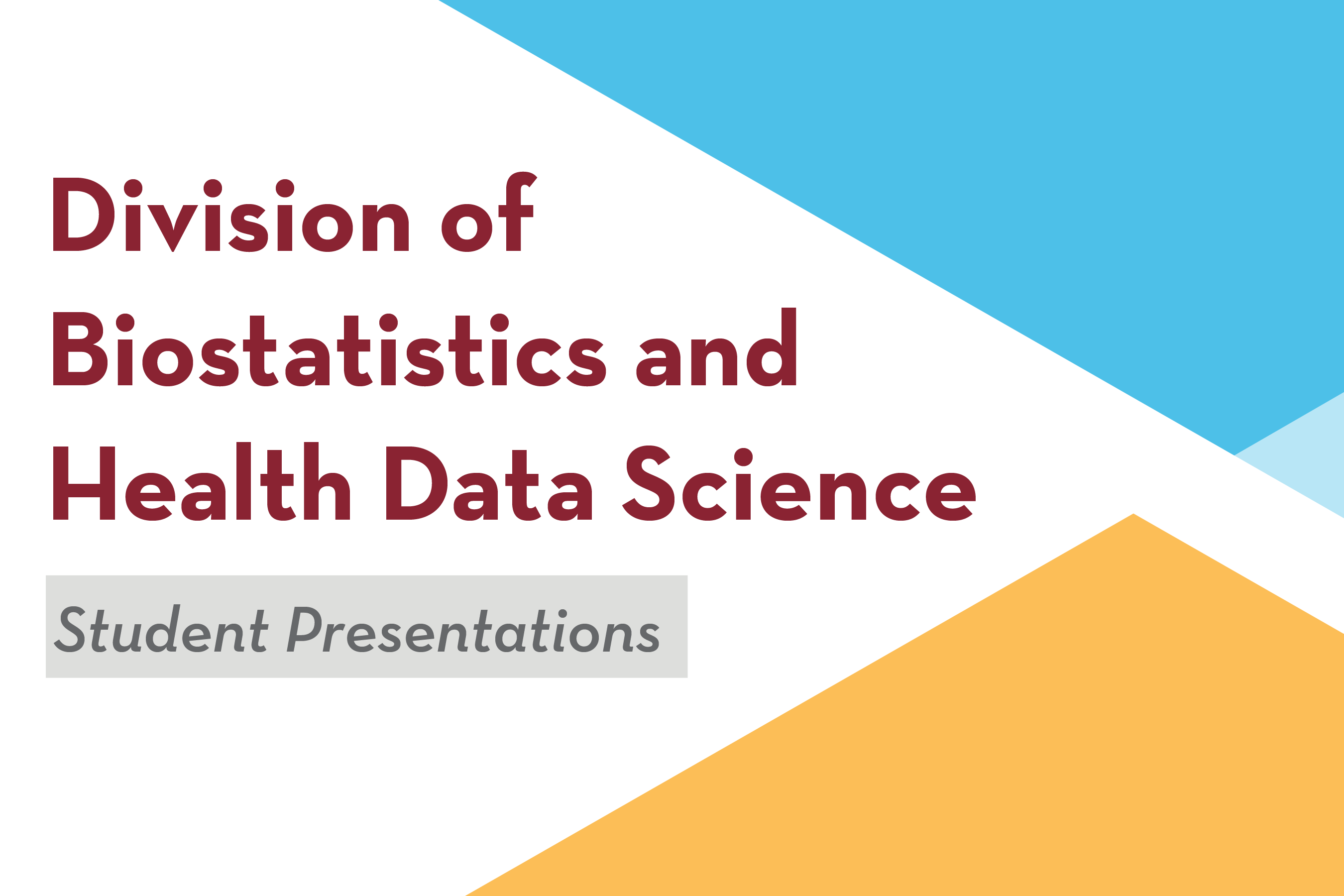Statistical Methods for Efficient Phase I Dose Escalation Trials
Presented by Chloe Falke
Ph.D. Candidate in Biostatistics
Ph.D. Adviser: Joe Koopmeiners
Phase I dose escalation studies are first-in-human clinical trials, often with the primary objective of identifying the treatment’s maximum tolerated dose (MTD). This objective is complicated by the intrinsically limited size and time frame of Phase I clinical trials. In this dissertation we consider two approaches to addressing these challenges from a trial design perspective: Intra-patient dose escalation (IPDE) and MTD estimator selection.
IPDE allows participants to receive multiple rounds of doses, greatly increasing the amount of information that can be gathered per participant. However, existing IPDE methods assume that dosing outcomes are not influenced by prior dosings, which means carryover in toxicity from one dosing to the next may bias estimation of the MTD. We propose three novel dose escalation algorithms that incorporate carryover toxicity into their statistical models and thus allow for robust MTD estimation, even when there’s strong carryover effects.
For trials that don’t employ IPDE, we conducted a comparative review of MTD estimators. The MTD estimator used after a trial is frequently chosen to match the statistical model and assumptions of the dose escalation algorithm. We show the flaws with this approach and provide alternative recommendations to ensure MTD estimation is as accurate as possible.


